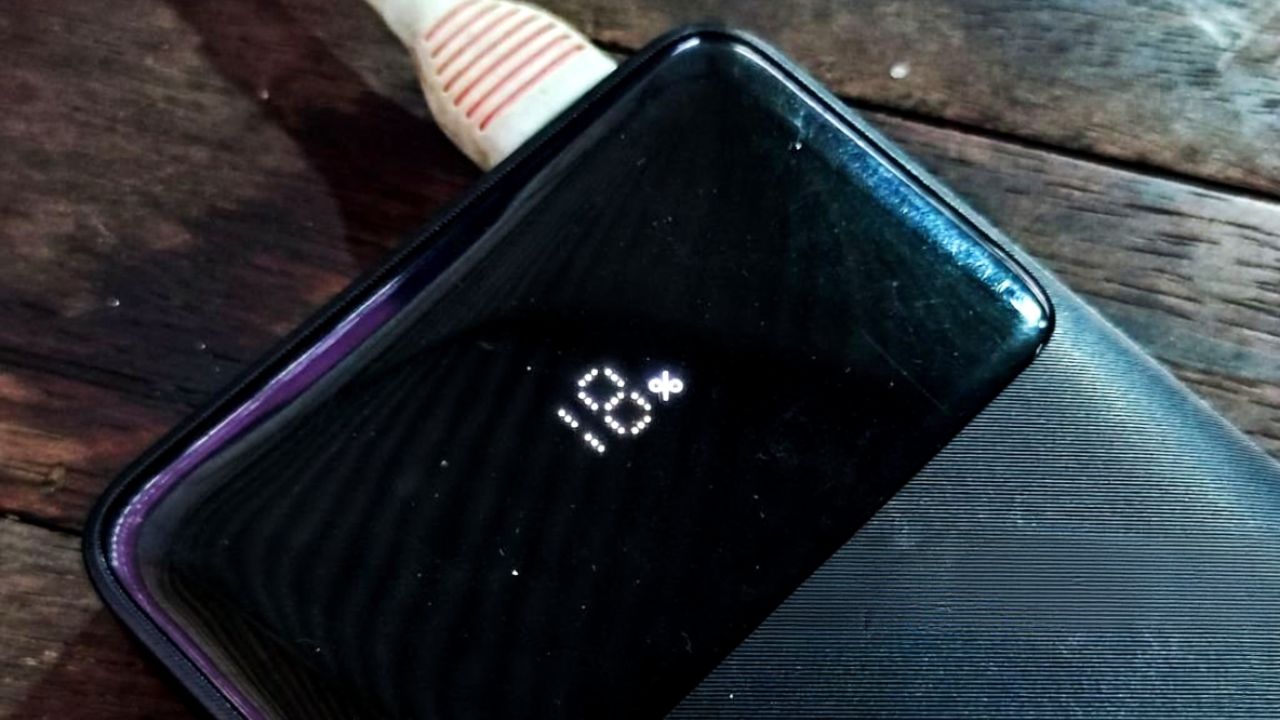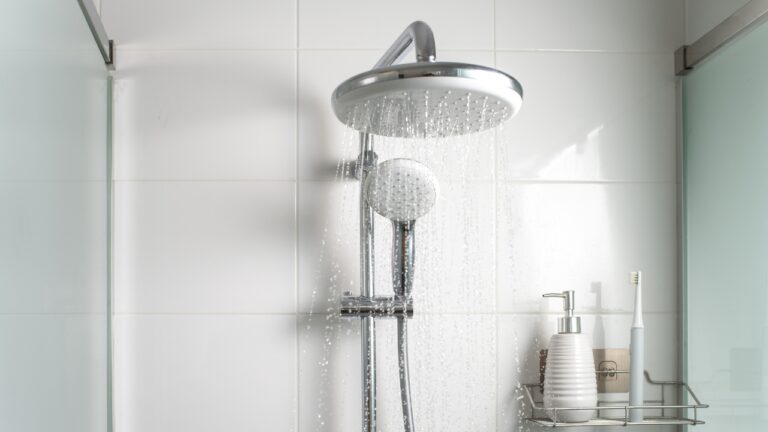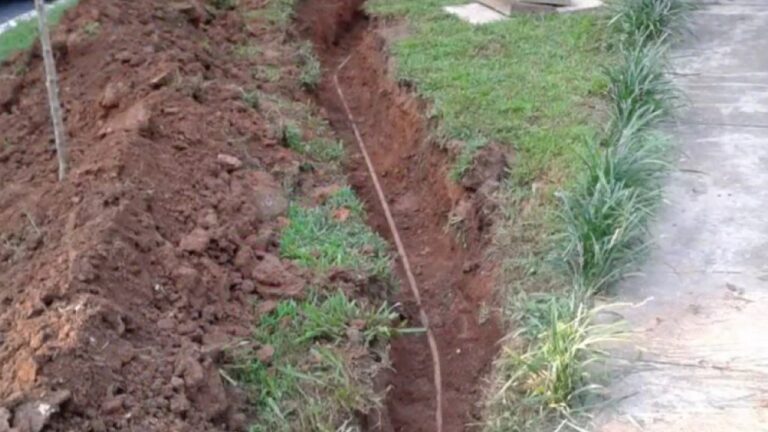10 things you forget to check until the power goes out
You don’t realize how much your home depends on electricity until it’s gone. When the lights flicker out, you start remembering all the things you meant to check, fix, or replace months ago.
From dead flashlights to expired food in the freezer, small oversights can turn a short outage into a real headache.
The good news is, a little prep ahead of time saves a lot of stress later. Here are the things most people forget to check until the power’s already out—and by then, it’s too late.
Flashlight Batteries
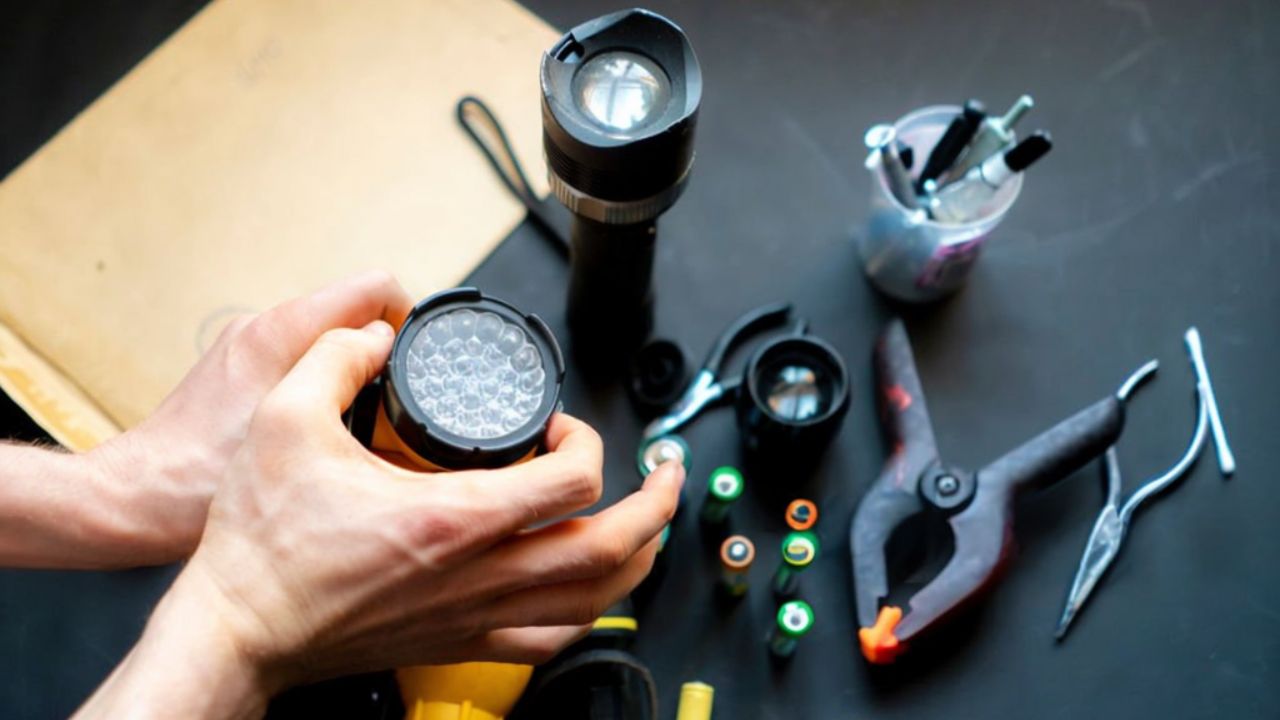
Every home has a flashlight drawer, but half the time those lights are dead when you finally need them. Batteries leak, drain slowly, or corrode after sitting too long.
Check your flashlights and headlamps every few months, and keep extra batteries sealed and stored somewhere dry. Rechargeable flashlights are even better if you can charge them regularly. Don’t wait until you’re fumbling around in the dark to find out they don’t work.
Backup Power Banks
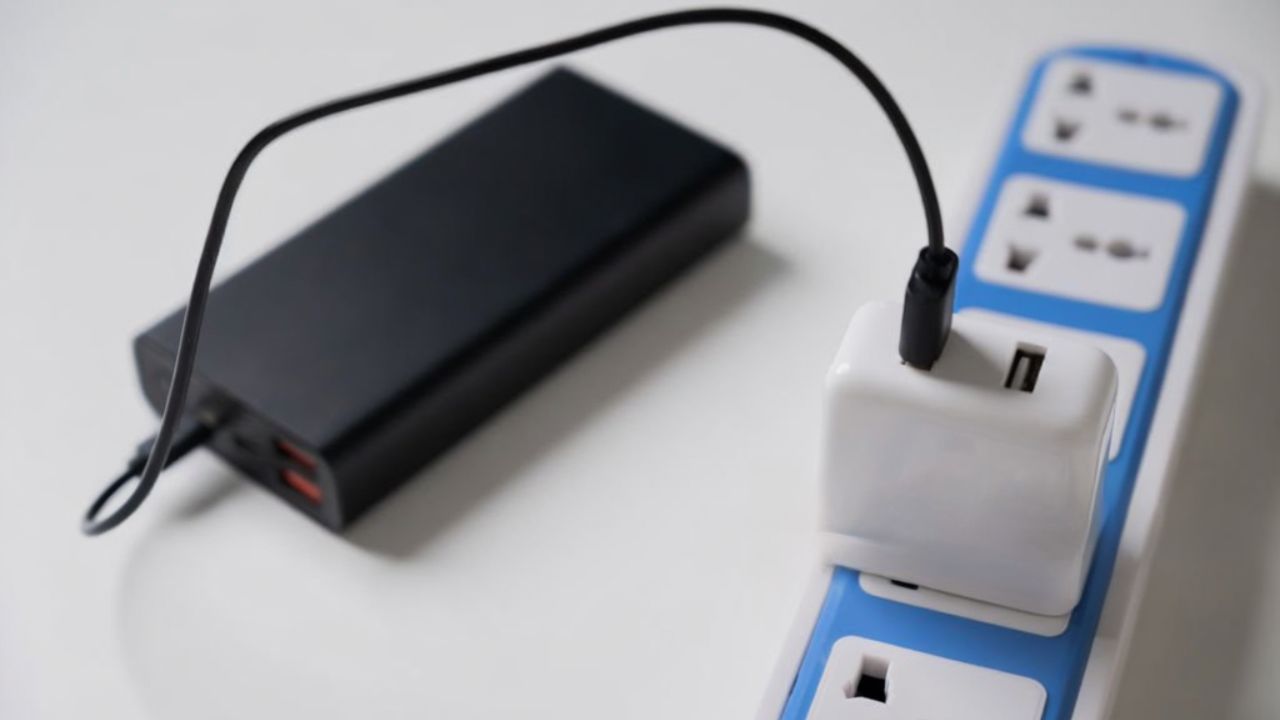
That “fully charged” power bank you tossed in a drawer months ago might not have much life left. Lithium batteries slowly discharge over time, even when unused.
Make it a habit to top off your power banks every few weeks, especially before storms or cold fronts. A charged backup means you can keep phones and small devices running long enough to stay connected when you need it most.
Refrigerator and Freezer Seals
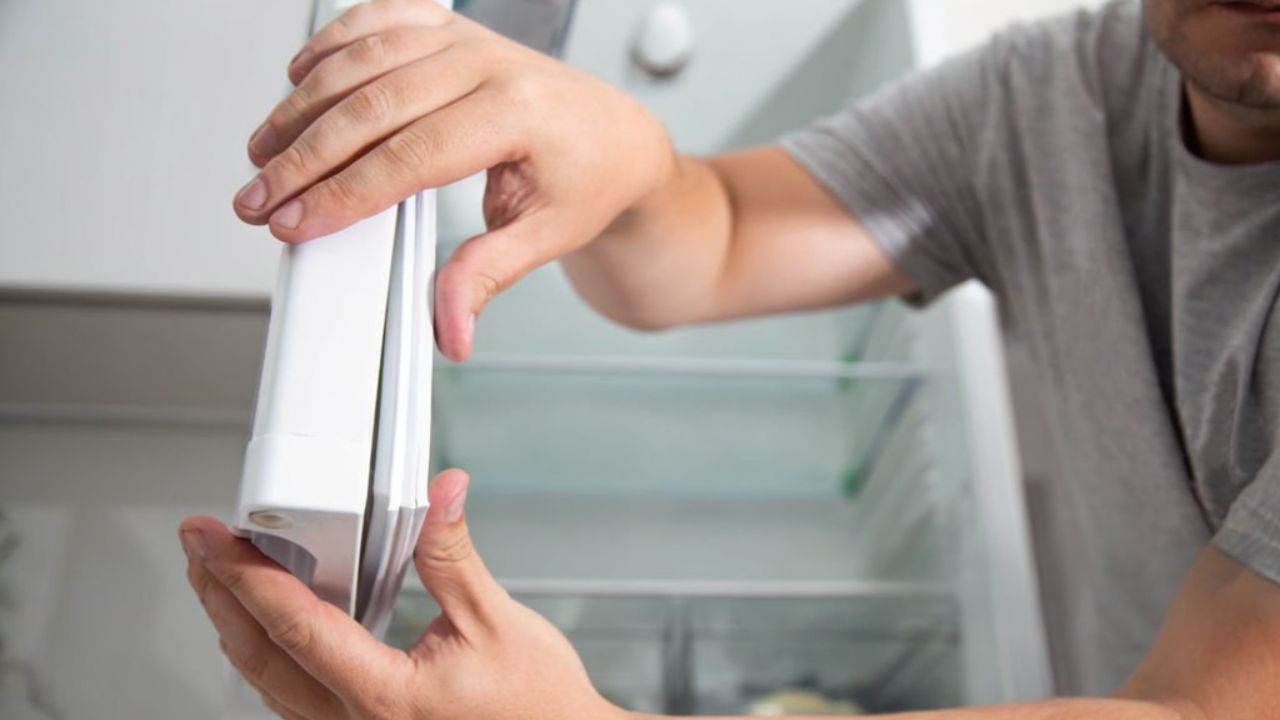
If your fridge or freezer seals aren’t tight, cold air escapes faster during an outage. That can mean spoiled food hours earlier than it should.
Run your hand around the edges—if you feel cool air or notice cracks, it’s time to replace the gasket. Keeping the door closed as much as possible during an outage helps, but a good seal buys you valuable time.
Sump Pump Backup
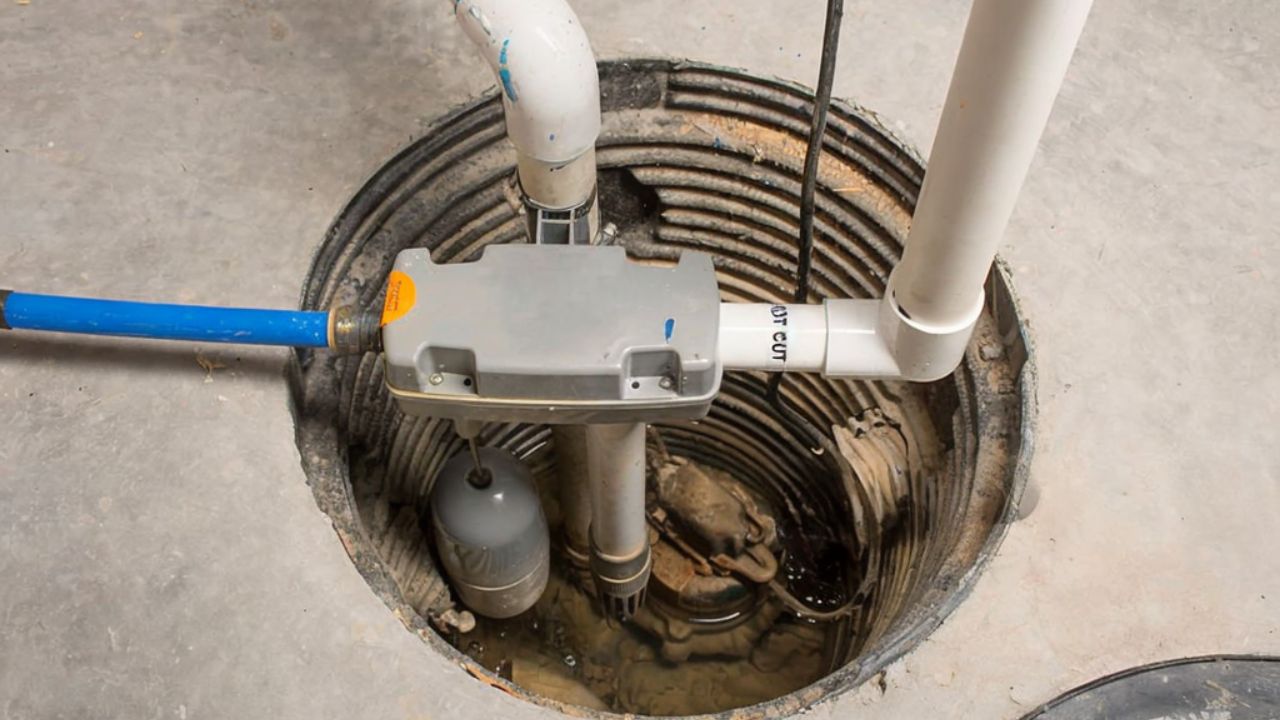
Basement sump pumps usually rely on household power, which means they’re useless when the grid goes down. If your area floods easily, that’s a disaster waiting to happen.
Install a battery backup system or a water-powered backup pump if you can. At the very least, check that the pump works properly and the pit is clear. A little maintenance now saves you from dealing with soaked floors later.
Garage Door Manual Release
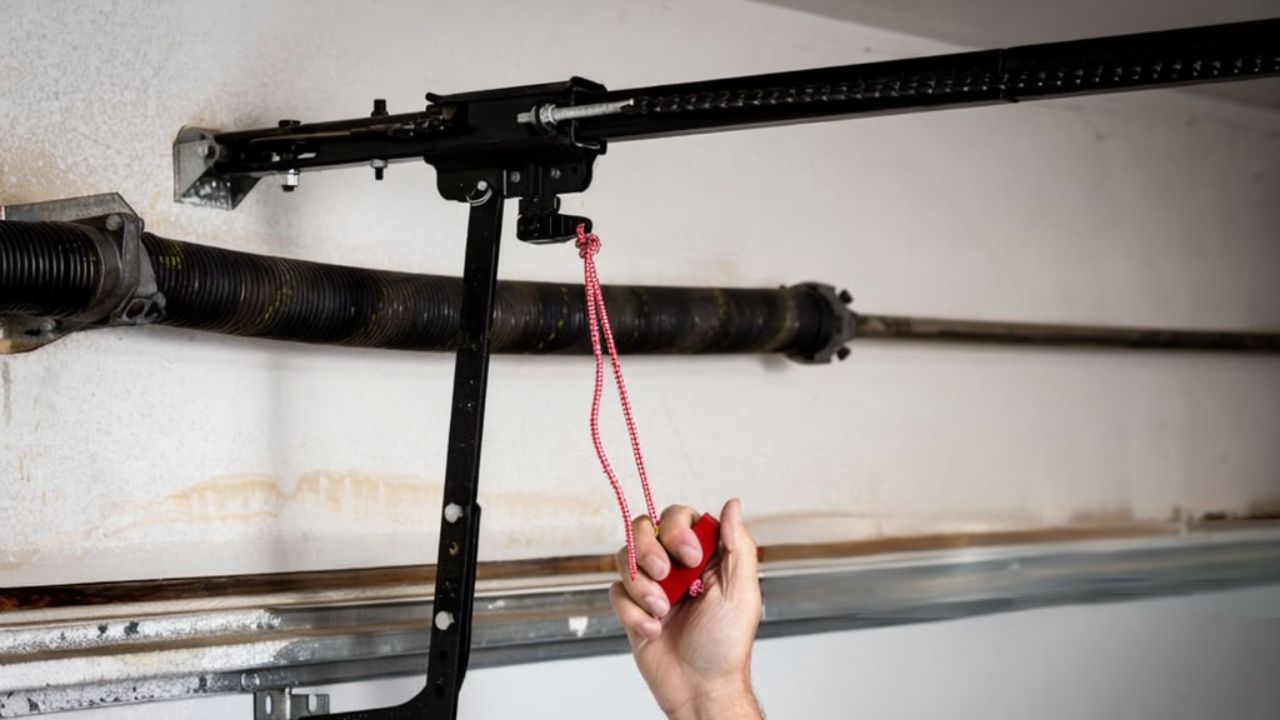
When power’s out, your automatic garage door opener won’t budge without manual release. Many people don’t even know how to use it until they’re trapped inside or locked out.
Locate the red emergency cord and make sure it works smoothly. Try lifting the door by hand once it’s disengaged. Knowing how to open it manually is one of those things that seems minor—until it isn’t.
Generator Fuel and Oil
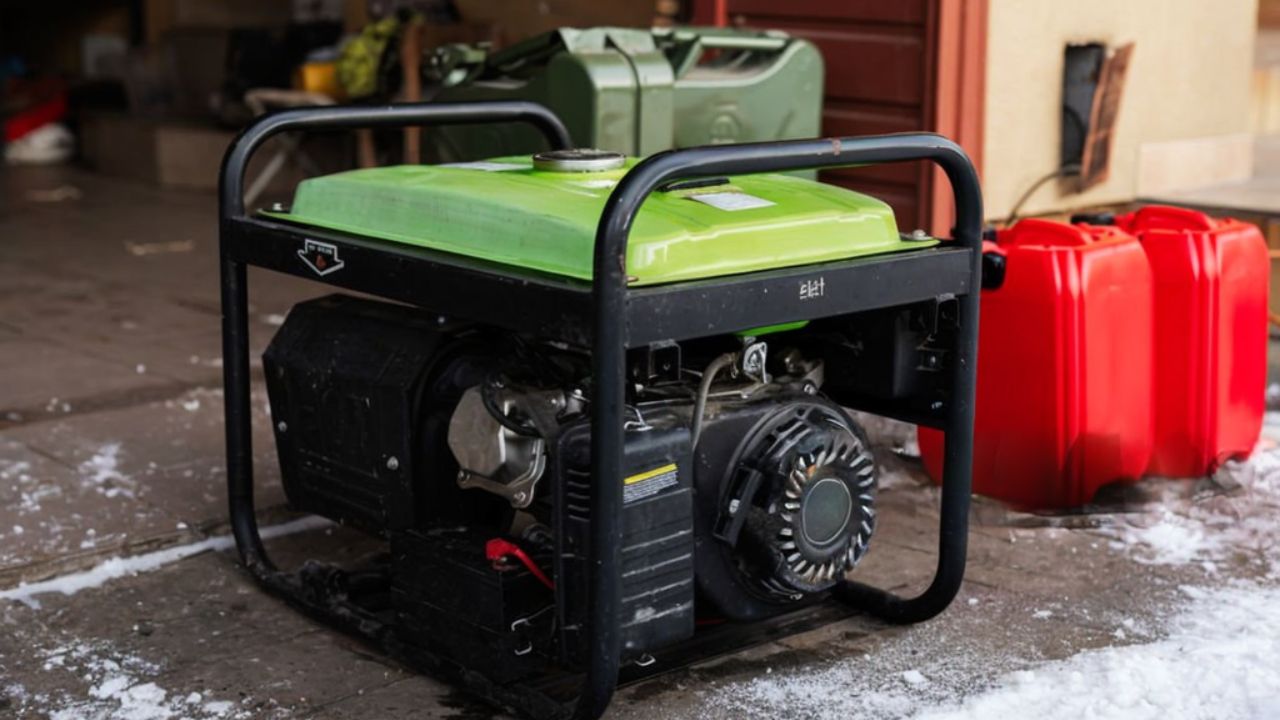
Having a generator doesn’t help if you’re out of gas or the oil’s gone bad. Old fuel can gum up the system, and low oil can damage the engine in minutes.
Keep stabilized fuel on hand and cycle it out every few months. Test your generator before bad weather hits, not during it. You’ll thank yourself when the lights go out and you hear that engine start right up.
Carbon Monoxide Detectors
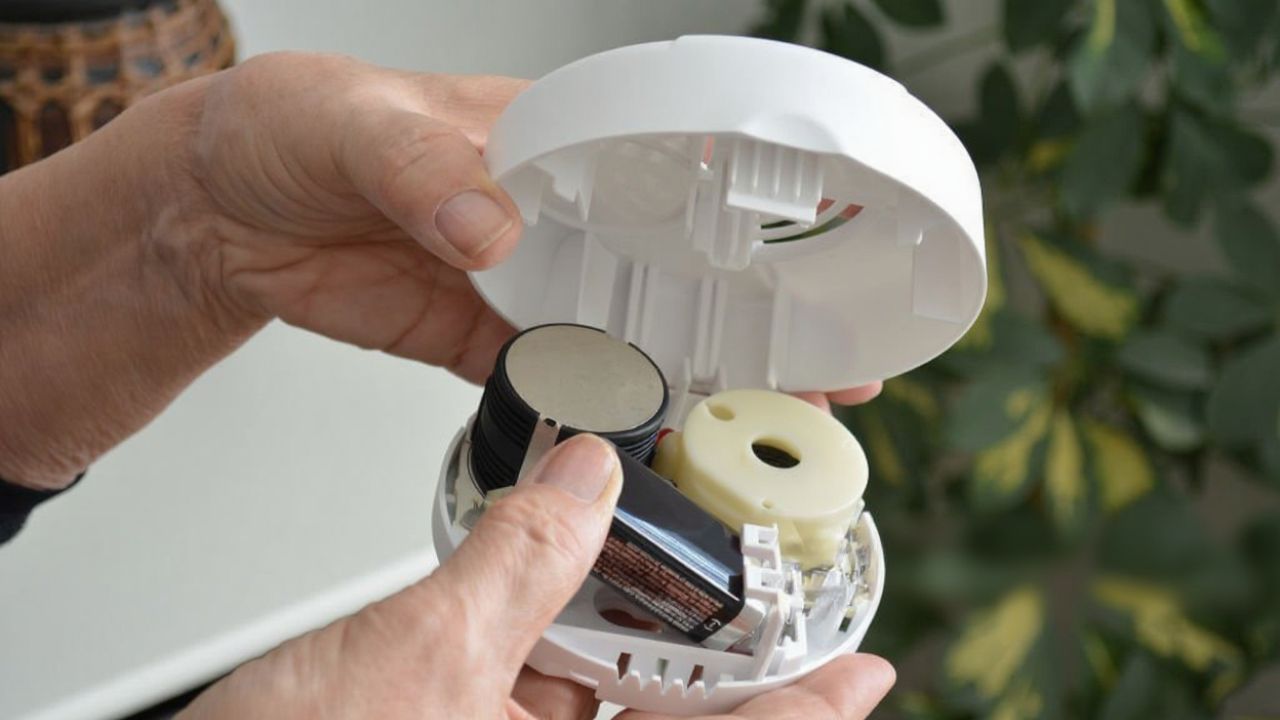
Power outages often lead people to use generators or gas appliances indoors—and that’s when carbon monoxide poisoning happens most. Detectors with low batteries or expired sensors can fail when you need them most.
Check expiration dates and replace batteries regularly. If yours plugs into the wall, make sure it also has a working backup battery so it stays active when the power’s off.
Water Supply and Filtration
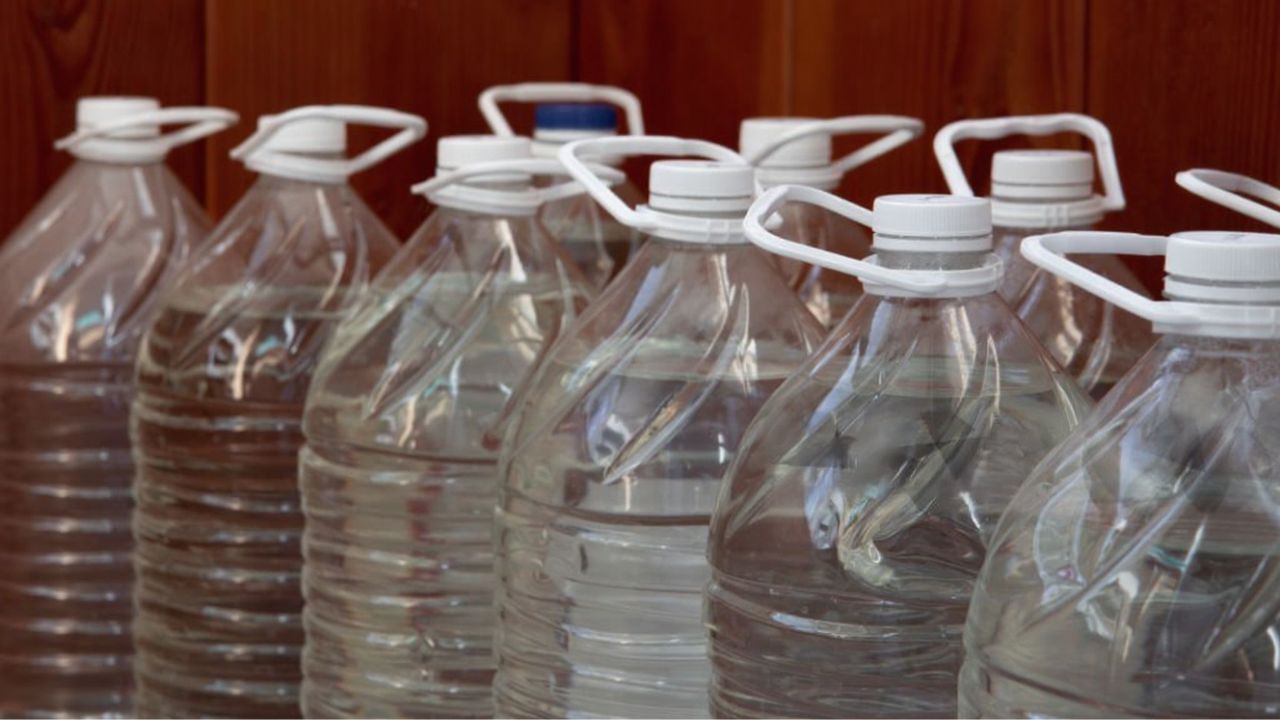
If you’re on a well, no power means no pump—and no running water. Even city water can lose pressure or become unsafe during long outages.
Keep bottled water and a few gallon jugs filled for emergencies. A basic gravity filter or purification tablets can make a huge difference if you’re without running water for days.
Flashlight Placement
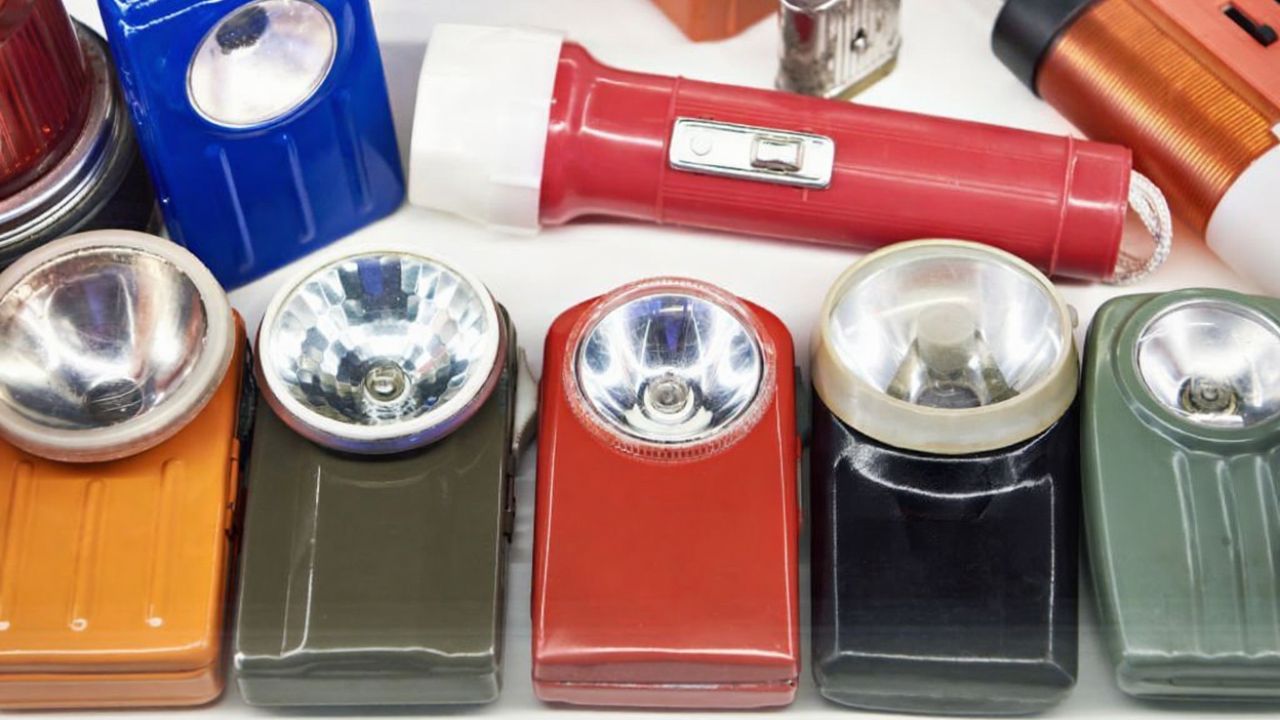
You don’t think about where your flashlights are until the lights go out—and that’s the worst time to realize they’re buried in a closet.
Keep one in every major room or hallway, and store a few glow sticks near kids’ beds. If you can grab light without digging for it, you’re way ahead of most people during a blackout.
Extension Cords and Power Strips
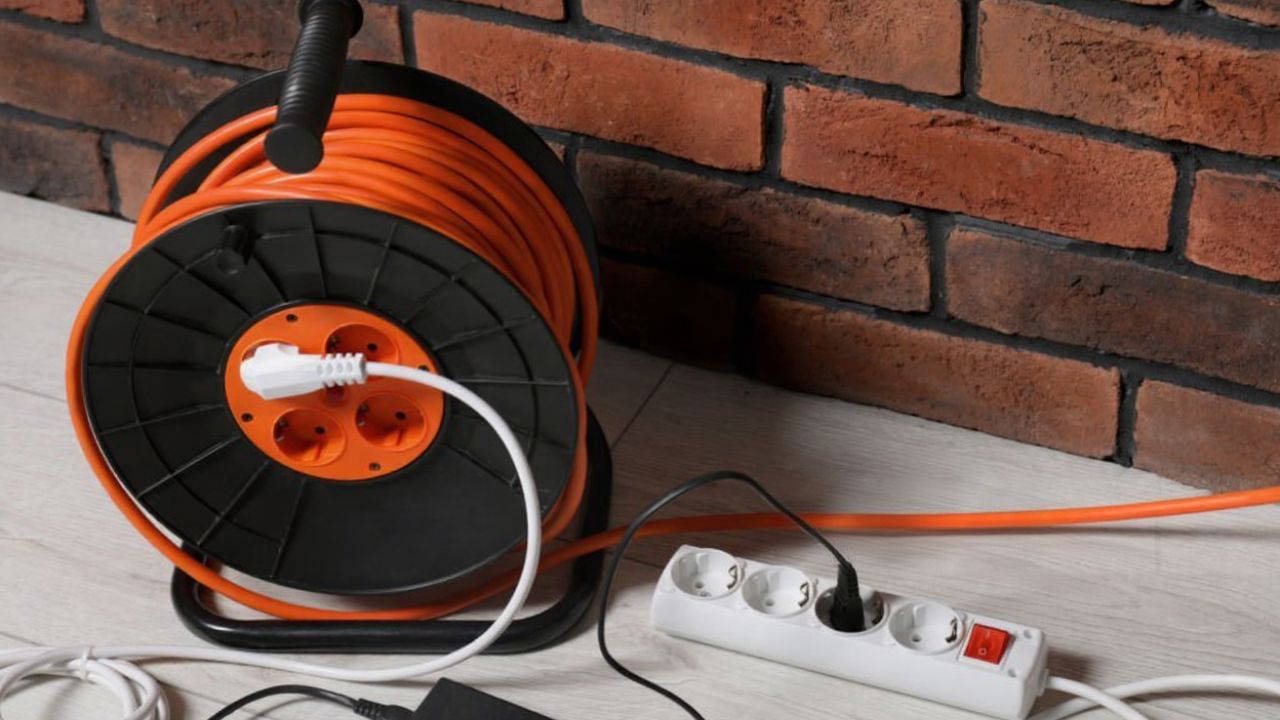
When power finally returns, people rush to plug everything back in—and that’s when old cords short out or overload circuits.
Check your power strips and cords for frayed wires or scorch marks now. If you use a generator, make sure you have the right gauge extension cords for safety. The wrong ones can overheat fast and ruin your equipment.
*This article was developed with AI-powered tools and has been carefully reviewed by our editors.

